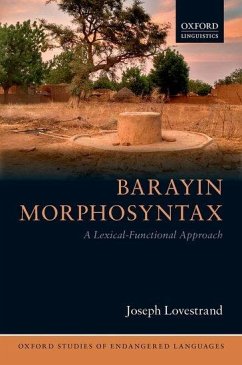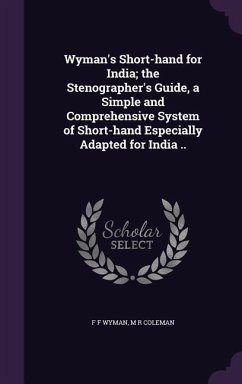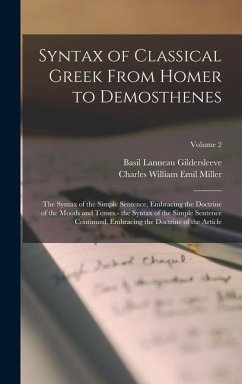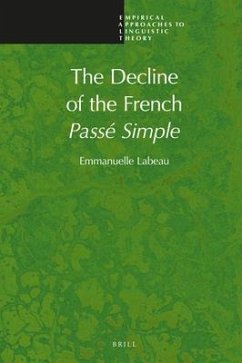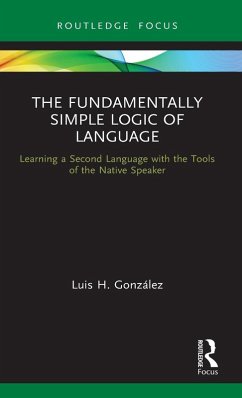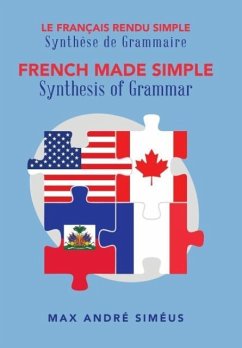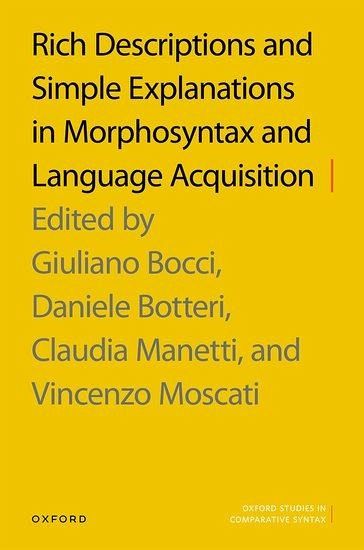
Rich Descriptions and Simple Explanations in Morphosyntax and Language Acquisition
Versandkostenfrei!
Versandfertig in über 4 Wochen
136,99 €
inkl. MwSt.

PAYBACK Punkte
68 °P sammeln!
This volume offers new perspectives on the tension between the rich patterns of language variation that emerge from comparative studies and the quest for simple theoretical primitives. The chapters analyze a wide range of phenomena, and relate them to fundamental questions of universality, linguistic variation, and learnability.



